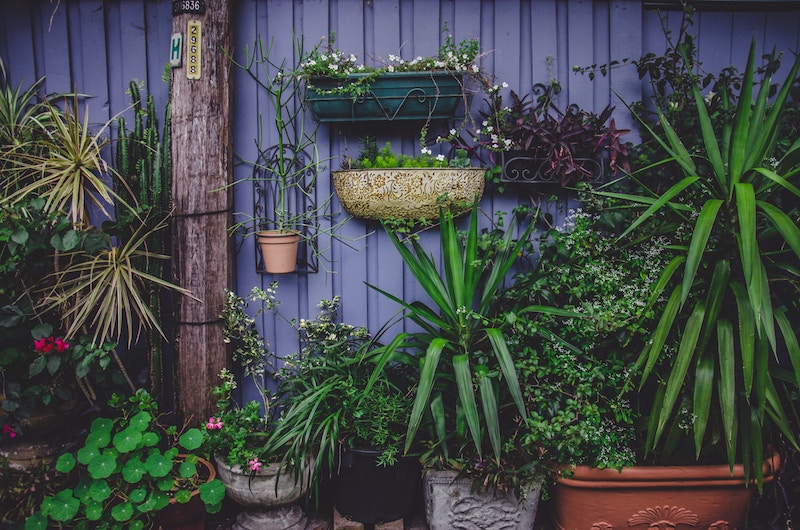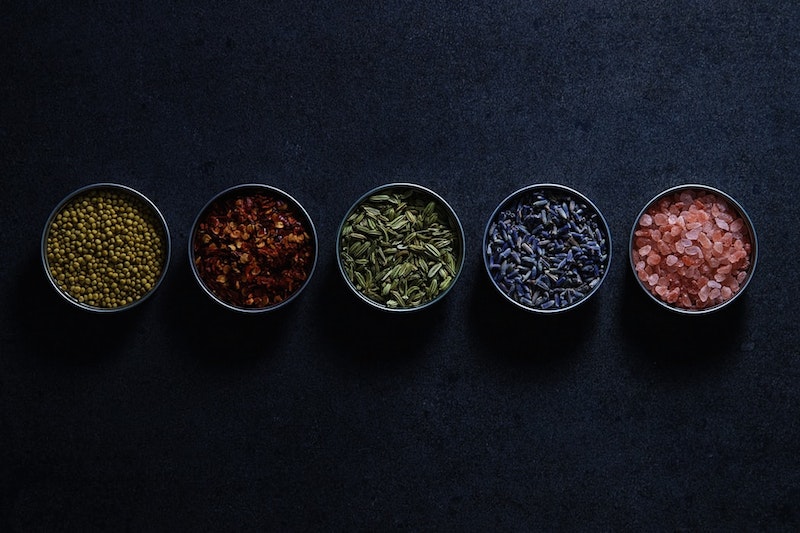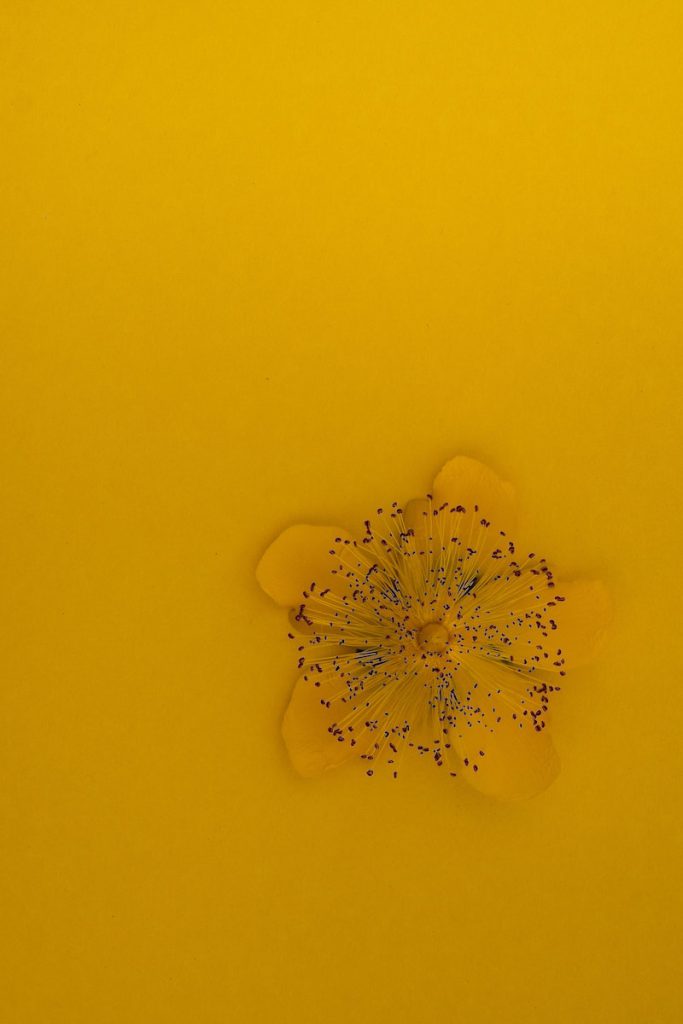Healing Plants: What Powers do our Gardens Possess?
I type this whilst munching on a hearty handful of sunflower seeds – a healthy snack, rich in nutrients and low in carbs. Plants and flowers have long provided the human species with sustenance (as well as life itself with the whole photosynthesis thing). And, as if they haven’t given us cause to be grateful enough, there are some healing plants and flowers that have also long been used to treat illness and disease.
The ancient Egyptians used poppy seeds to rid themselves of headaches (poppy seeds now provide the opium found in morphine); the ancient Greeks used willow bark to treat fevers and pains (an ingredient now found in aspirin) and across Europe during the Middle Ages, chamomile flowers were boiled into tea to ease digestive problems – a treatment not unfamiliar to us millennials…
This blog shines a light on some of the healing plants and flowers potentially growing in our own back garden. And, if they aren’t growing at the moment, they will be after we’ve planted them… Because, although no one is denying the miracle that is modern medicine, it’s always useful to have solutions closer to home, right?

(Photo by Cherry Laithang on Unsplash)
Lavender – to help improve sleep
Studies have shown the smell of lavender (or Lavandula augustifolia as the scientists say) can help you drift off into a peaceful sleep. There are plenty of ways to get more lavender in your life. You could gently rub some lavender balm onto your temples before bed, spritz some lavender sleep mist onto your pillow, or add a few drops of essential lavender oil to your evening bath. Even better, if you’ve got lavender growing in your garden, you can harvest the pretty purple flower buds and put them in a bowl next to your bed!
Fennel – to ease bloating and indigestion
The seeds of fennel (or Foeniculum vulgare) can help to prevent or relieve bloating, gas and indigestion. Fennel seeds can be chewed raw, toasted, or brewed into a tasty tea! To get the most out of the seed, bash it a little first and then steep and cover for 10-15 minutes. (All the good stuff in herbal teas are lost if not covered for 10 minutes so this is an important step!)

(Photo by hue_12photography on Unsplash)
Herb Robert – to treat scrapes and sores
Although many see herb robert (or Geranium robertianum) as little more than a weed, this wildflower has impressive healing properties. If suffering with a scrape or sore, you can pick a few leaves, rub them between your fingers and gently press the mash into your cut. It is astringent, antimicrobial and anti-inflammatory. In other words, it causes the contraction of skin cells, prevents the spread of bacteria and reduces inflammation. So, with any luck, this time next week you’ll be as good as new!
St John’s wart – for mild depression
St John’s wort (otherwise known as Hypericum perforatum) contains the ingredients hypericin and hyperforin. Both of which are known for their antidepressant properties and have been used for hundreds of years to treat mild mental health problems. Today it is mainly used as an over the counter remedy to treat mild depression, seasonal affective disorder (SAD), mild anxiety and sleep problems. If you experience depression or low mood, you may decide to try St John’s wort as a herbal alternative to antidepressants. However, it is important not to use St John’s wort instead of seeking help from your GP. And with St John’s wart, we advise sticking to prescribed or shop bought remedies because it’s important to know exactly how much you’re ingesting. That said, there’s no harm in letting the flower blossom in your garden!

(Photo by Daniele Levis Pelusi on Unsplash)
Gardening itself
And if you don’t have any of the above growing in your garden, why not plant some? We’re always told to eat more healthily and exercise – but now it seems gardening is another sure-fire way to boost our mood. Some GP’s are beginning to prescribe gardening to patients suffering with anxiety and depression, as studies show being closer to nature can help to improve mental health.
It seems we find value in having something to care for, especially if we feel a lack of purpose. Gardening can also be a group activity, encouraging us to connect and socialise with others. So it’s not only the roots, leaves and seeds that are good for us, but the physical act of gardening too!
Johan Harri, writer and journalist, delves deeper into the benefits of gardening to our mental health in his book, ‘Lost Connections: Why You’re Depressed and How to Find Hope‘.

(Photo by Benjabim Combs on Unsplash)
As always, be sure to consult your GP before taking anything new
It’s important to check with your GP before trying new remedies because they may have unwanted side effects; interfere with your current medication (for example the contraceptive pill); or be dangerous if you suffer with a specific condition or if taken when pregnant.
Medstars Medical Concierge Service
Looking for extra guidance when it comes to your healthcare? Sometimes interpreting medical information and making the best decisions can be daunting and complicated. Our private medical concierge service provides easy access to top UK health experts. We guide our patients with genuine choice and trust, offering a bespoke service for anyone in the world seeking private UK healthcare. Learn more about Medstars Medical Concierge Service. Want to learn more about providing our medical concierge service as an employee benefit? Learn more about Medstars Medical Concierge for Business.
